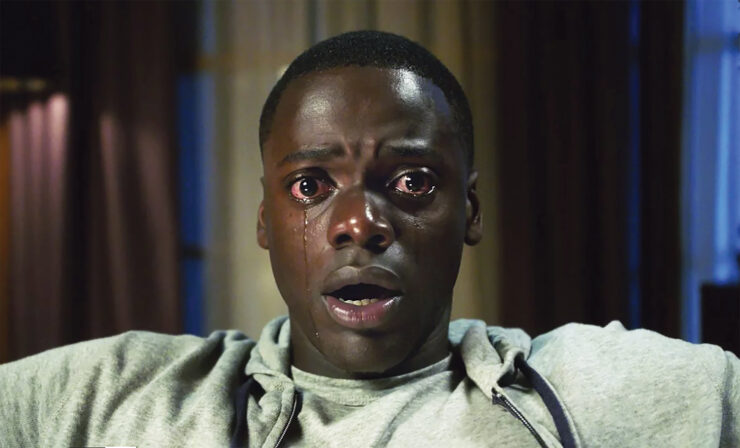Jordan Peele’s directorial debut drives much-needed conversation about white privilege
Jordan Peele’s horror film Get Out—which earned $30 million on its opening weekend and has garnered widespread critical acclaim—has been making waves since it was released on Feb. 24.
This surprise hit has been grabbing headlines not only for its subversion of the “black man dies first” trope that commonly befalls horror films, but also for the social commentary that is etched into its bone marrow.
The villains of the film aren’t supernatural monsters or easily identifiable psychopaths. Instead, they’re middle-class white liberals: a group that, through denial, ignorance, and arrogance, undermine black people’s legitimate criticisms of everyday anti-black racism.
From racial profiling, to sinister eugenic ambitions, Peele is cleverly articulating something that is becoming increasingly obvious in today’s society: white liberals’ casual racism is incredibly damaging.
Many Americans argue that, ever since the election of Barack Obama as president in 2008, the United States has officially become “post-racial.” This is a damaging and privileged view, one that Get Out competently refutes by illustrating the very real difficulties and dangers of being a black individual navigating white spaces.
At the beginning of the film, Chris (Daniel Kaluuya) is worried about meeting his white girlfriend’s parents for the first time. In reply, Rose (the girlfriend) says, “They’re not racists. I would have told you.” While a seemingly innocuous statement, in reality Rose’s defense of her parents mirrors the kinds of pronouncements white people make all the time—right before they’re about to say something prejudiced.
Peele also refers to the recent trend of using cellphone camera footage to bring attention to police brutality against African Americans. Chris triggers a terrifying reaction from the only other black person at his girlfriend’s parents’ party when he attempts to covertly take a photograph of him. As a result, the man’s nose begins to bleed and he screams “Get out!”
Chris realizes later that the man was hypnotized and Chris’ camera flash briefly brought him out of his stupor. But when you think about the exchange outside the context of a horror film, it adopts a different, but equally chilling, meaning.
The commercial and critical success of Get Out is testament to the fact that not only is there a market for black culture in mainstream media, but there is a persistent desire for more black films and narratives.
More than that, it shows that a film that examines racism, even in an unlikely genre, can gain traction in Hollywood, an industry built on inequality, and that has been dragged for its lack of diversity and whitewashing in lead roles.
Even though we should be past the point of trying to raise awareness about anti-black racism, we’re clearly not, and films like Get Out might be the very thing that can galvanize a very important conversation on race.





